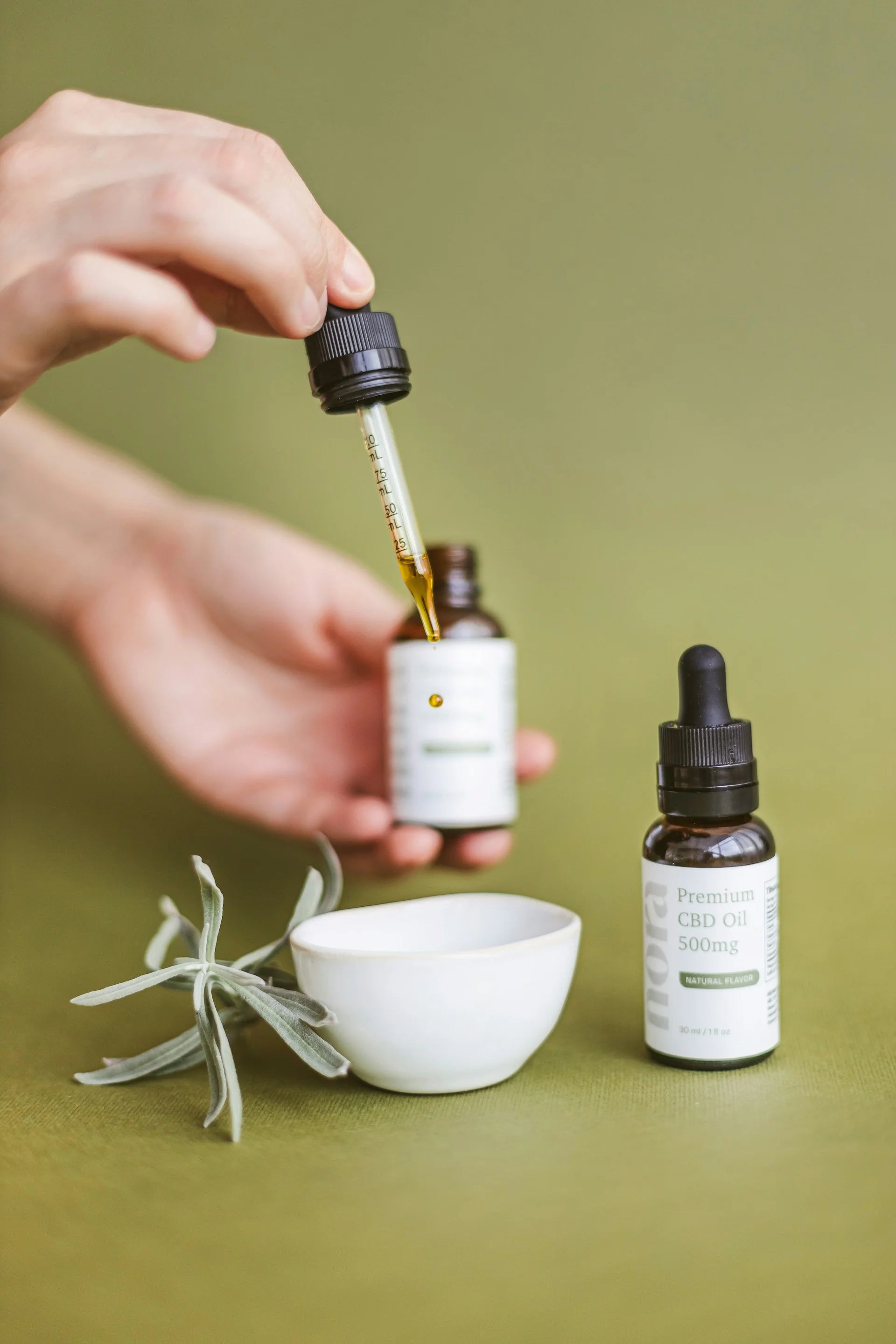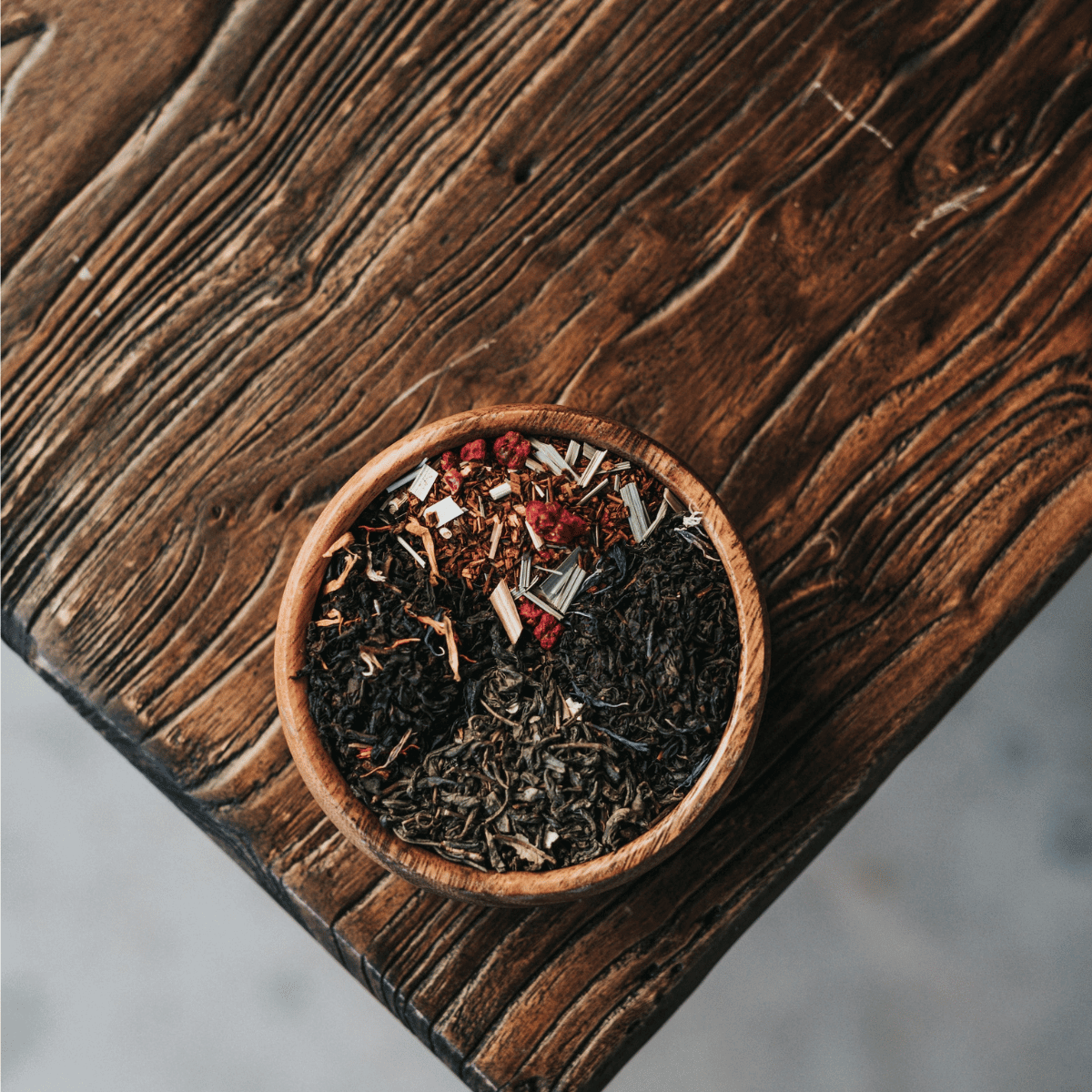What is Uva Ursi?
Uva Ursi, also known as arctostaphylos uva-ursi, is the latin name of the plant defining bearberry, meaning the bear’s grape. The plant grows in North America, more specifically in some parts of Canada and the United States, where she is more known as kinnikinnik. The herb looks like a small green shrub that has orange/red berry-like structures on it, that look a little bit like a cranberry. The bearberry is considered a low-height, ground cover and evergreen shrub that grows up to 30 centimetres in height.
Uva Ursi is a plant from the ericaceae family that has been considered a medicinal plant for many nations. A lot of research has been done regarding the possible benefits of the plant. Some of them say that the herb, which is considered a dietary supplement, might be a good alternative to curing infectious diseases, like cystitis or good to help with inflammation in general. It is also well known to be a good diuretic.

Photo from Verywell
To do so, people use the plant as tea or in other ways, to get the most benefits from it. However, you should know that it is only the bearberry leaf that is used in antiseptic herbal medicines and not the red berry.
Where does it come from?
Uva Ursi grows mostly in Canada and North America. Native Americans, like the Algonquins, are famous for growing and processing Uva Ursi’s leaves for many years now. Once the shrub is planted and grows, the dried leaves are used for commercial purposes and are processed into a fine powder, to be sold alone or mixed in herbal blends with other herbs like lobelia, mullein, damiana or passionflower.
North Americans call Uva Ursi by many other common names, and you might be surprised to see how different they are from each other.
- Kinnikinnick: Uva Ursi’s name in the northern hemisphere.
- Smoking mixture: For the Native Americans, Uva Ursi means a smoking mixture.
- Bearberry: This name for Uva Ursi is one of the most commonly used names for the herb. The reason why it is known as bearberry is that bears love eating the fruits from the plant’s shrubs.
- Arctostaphylos Uva-Ursi: The scientific classified name.
What is uva ursi used for
Out of many other benefits of the plant, the medical benefits outdo all. The modern research on Bearberry leaves and the benefits of this herb for humans has stunned many researchers. However, we still need to include a disclaimer here, to warn you that should always consult a doctor before using any herb, or anything in general, for medicinal purposes. Here are some of the uses of Uva Ursi that people have been benefiting from knowingly or unknowingly.
- Treating infectious diseases
Kinnikinnik herb has been in use to treat urinary tract infections for years. One of the researches shows how Uva Ursi can treat chemical reactions from arbutin, hydroquinone and glycosides, which are molecules present in the plant, on the infection.
The herb also treats infectious diseases including skin inflammation and ulcers.
- Eating Uva Ursi leaves
Uva Ursi leaves and fruits are also eatable. The fruit looks like berries and is actually one of the favourite foods of forest bears hence the name - bearberry. For that reason, you should be very careful if you find Uva Ursi in the forest, we don’t want you to be eaten by a bear.
- Smoking Uva Ursi
The Uva Ursi leaves have been used as a natural tobacco alternative. The leaves of Uva Ursi are used in different mixtures of smoking products. This is why it is also referred to as a "smoking mixture" by the western natives, or “smoking blend” nowadays. However, you should never smoke anything if you have health problems, or if you are breastfeeding.
Smoking Uva Ursi
Is smoking Uva Ursi legal?

Yes, it is. Uva Ursi has been used as a natural smokable option instead of tobacco for a long time now. There are no shreds of evidence of it being illegal. However, it is rare to smoke Uva Ursi leaves alone, they're nearly always mixed with other herbs, like mullein or wild dagga, or sometimes with tobacco to give it a safe stimulating effect.
What happens if you smoke Uva Ursi?
Uva Ursi was used for smoking even before tobacco made its place in the smoking industry.
The plant is said to give a very relaxing drunken feeling to the body which makes it a favourite amongst smokers. To be smoked, the leaves are dried but they're mostly mixed with other herbs to give them an enhanced flavour and effect.
Hydroquinone is said to be the most active ingredient of Uva Ursi. Arbutin, particularly Methyl arbutin, is also a prominent component of bearberry. These ingredients are what make Uva Ursi anti-inflammatory and give it a soothing effect to treat infectious diseases.
Health benefits of smoking Uva Ursi
Modern researchers have been discovering various health benefits of Uva Ursi, such as the plant being astringent, anti-inflammatory and helping with urinary tract infections, ranking it as one of the most used herbs in the world. However, some more in-depth researches need to be done on this subject, to determine if smoking the herb has actual benefits for the mind and body. Having said that, one needs to be mindful of the red alerts related to Uva Ursi. The herb can not be taken in a large quantity so it is important to do your research and to consult a professional before consuming it.
What is Uva Ursi leaf good for
- Drinking the Uva Ursi tea
Uva Ursi tea is often taken to treat urinary tract infections. But it must be kept in mind that the dosage has to be controlled. An excessive dosage of Uva Ursi can cause damage to your liver. One of the best available treatments for UTIs includes drinking Uva Ursi tea, but it must not be taken more than 5 times a year.
- Antibacterial effect
Another benefit of Uva Ursi found by researchers is the antibacterial effect it has. The antibacterial effect helps reduce infections rapidly. Inflammatory effects caused by infections can be very disturbing, but the plant acts as an antibacterial agent.

Effects of smoking Uva Ursi
Side effects and toxicity
Though with all the medicinal uses Uva Ursi offers in treating infections, using it for a prolonged time is not recommended. There are various side effects linked to it including liver damage, which is one of the red signals related to it.
Uva Ursi strains contain tannins that help to contract & expand mucous membranes in the body. Other side effects include nausea, stomach disorder, insomnia, and irritability. Another report says that high doses of Uva Ursi can even cause difficulty in breathing.
While we recommend Uva Ursi with all its benefits, it is equally or more important to know the side effects linked to it and be mindful of the quantity you’re using it in. You should always be wary of anyone who tries to hide any side effects of it.
Is Uva Ursi an alternative to tobacco?
For the Native Americans, Kinnikinnik is actually a mix of Uva Ursi and tobacco where the smoking mixture was smoked in pipes during religious ceremonies. However, that doesn’t mean you have to smoke the herb that way. Uva Ursi itself can be a good natural tobacco alternative as it is nicotine-free and less toxic. You can also choose a smoking blend that contains Uva Ursi and other natural herbs, which will allow you to have a tasteful experience. We still want to reiterate that smoking anything can be harmful for your health.
Conclusion - Can I Smoke Uva Ursi?
Uva Ursi is legal to use for medicinal & other purposes in United states, United Kingdom, Canada, Germany, Japan, and Australia. In fact, there are multiple health practitioners who recommend Uva Ursi for certain medical treatments.
However, it is recommended that you check with your doctor to ensure that you are safe to consume Uva Ursi. If you consume Uva Ursi without consulting with your doctor, then there are chances that it might lead to negative side effects.
And here you go bud, you now know everything about Uva Ursi. As part of your switch from smoking pure or smoking tobacco to herbal smoking blends, you may find that smoking Damiana or smoking Raspberry Leaf may also suit you as base smokable herbs.
*This article is not to be interpreted as a statement of any form by Spliff but merely a compendium of information compiled from other sources. These statements have not been evaluated by Health Canada, FDA or any other regulatory body. Consult your doctor before ingesting or smoking any herbal product.*
WANNA LEARN MORE ABOUT UVA URSI? BROWSE OUR SOURCES BELOW!
de Arriba, S. G., Naser, B., & Nolte, K.-U. (2013). Risk Assessment of Free Hydroquinone Derived from Arctostaphylos Uva-ursi folium Herbal Preparations. International Journal of Toxicology, 32(6), 442–453. https://doi.org/10.1177/1091581813507721
Radulović, N., Blagojević, P., & Palić, R. (2010). Comparative Study of the Leaf Volatiles of Arctostaphylos uva-ursi (L.) Spreng. and Vaccinium vitis-idaea L. (Ericaceae). Molecules, 15(9), 6168–6185.
Moore, M., Trill, J., Simpson, C., Webley, F., Radford, M., Stanton, L., Maishman, T., Galanopoulou, A., Flower, A., Eyles, C., Willcox, M., Hay, A. D., Werf, E. van der, Gibbons, S., Lewith, G., Little, P., & Griffiths, G. (2019). Uva-ursi extract and ibuprofen as alternative treatments for uncomplicated urinary tract infection in women (ATAFUTI): a factorial randomized trial. Clinical Microbiology and Infection, 25(8), 973–980. https://doi.org/10.1016/j.cmi.2019.01.011
Afshar, K., Fleischmann, N., Schmiemann, G., Bleidorn, J., Hummers-Pradier, E., Friede, T., Wegscheider, K., Moore, M., & Gágyor, I. (2018). Reducing antibiotic use for uncomplicated urinary tract infection in general practice by treatment with uva-ursi (REGATTA) – a double-blind, randomized, controlled comparative effectiveness trial. BMC Complementary and Alternative Medicine, 18(1). https://doi.org/10.1186/s12906-018-2266-x
Gohari, A.-R., & Soodabeh Saeidnia. (2014). The role of herbal medicines in treatment of urinary tract diseases. Journal of Nephropharmacology, 3(1), 13. https://www.ncbi.nlm.nih.gov/pmc/articles/pmc5297587/
Das, S. (2020). Natural therapeutics for urinary tract infections—a review. Future Journal of Pharmaceutical Sciences, 6(1). https://doi.org/10.1186/s43094-020-00086-2
Kemper, K. (1999). The Longwood Herbal Task Force and The Center for Holistic Pediatric Education and Research Uva ursi (Arctostaphylos uva-ursi). https://kevaind.org/download/Arctostaphylos%20uva-ursi%20for%20kidney.pdf
Abascal, K., & Yarnell, E. (2008). Botanical Medicine for Cystitis. Alternative and Complementary Therapies, 14(2), 69–77. https://doi.org/10.1089/act.2008.14203







Leave a comment
All comments are moderated before being published.
This site is protected by reCAPTCHA and the Google Privacy Policy and Terms of Service apply.